Rohingyas missing in his call
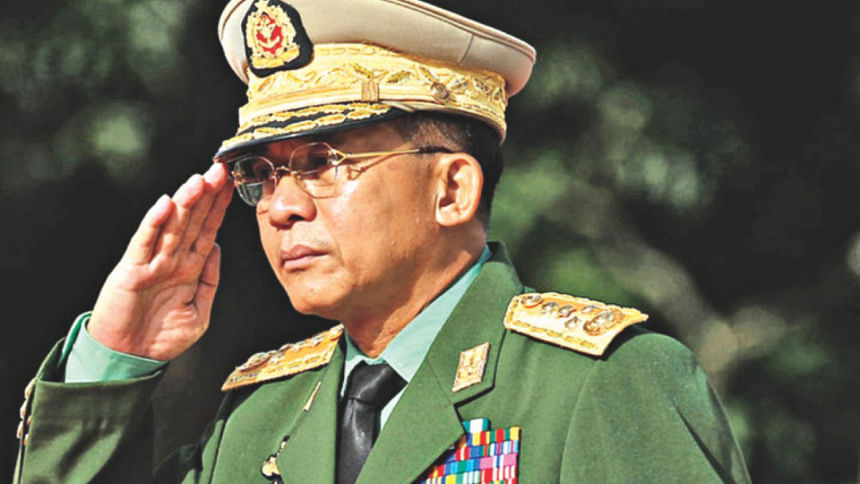
Myanmar's army chief yesterday called for people internally displaced by violence in Rakhine State to go home and rebuild communities, but he made no mention of 4,22,000 Rohingyas who fled to Bangladesh to escape his force's operations.
Senior General Min Aung Hlaing, in a major speech on his plans for Rakhine State on his first visit there since the latest strife erupted, claimed the military had handled the situation as best as it could after a wave of coordinated attacks by Rohingya insurgents on August 25.
The United Nations has said the military response to the insurgent attacks is ethnic cleansing aimed at pushing the Rohingya community out of Buddhist-majority Myanmar.
Myanmar denies that, saying its forces are waging a legitimate campaign against Muslim terrorists who have been attacking and torching villages of Buddhists and other non-Muslims, some 30,000 of whom were internally displaced.
Min Aung Hlaing did not mention the accusation of ethnic cleansing in his speech to business people, officials and some of the displaced, in Sittwe, the state capital.
"Regarding the rehabilitation of villages of our national races, for the national races who fled their homes, first of all they must go back to their places," he said.
"National races" is a Myanmar term referring to members of officially recognised indigenous ethnic groups who make up the diverse nation.
The Rohingya are not recognised as a "national race", and are instead seen as illegal immigrants and denied citizenship.
Animosity between Buddhists in Rakhine State and the Rohingya goes back generations, but has seethed in recent years, fuelled in part by a surge of Buddhist nationalism since nearly five decades of strict military rule came to an end.
"The important thing is to have our people in the region. It's necessary to have control of our region with our national races," Min Aung Hlaing said.
"We can't do anything if there are no people from our national races ... that is their rightful place."
Min Aung Hlaing did not refer to the return of Muslims to their villages in the north of the state, almost half of which have been abandoned and torched.
The crisis has drawn international condemnation and calls from the United Nations and US President Donald Trump for the military to stop the violence and support diplomatic efforts for a long-term solution for the Rohingya.
Myanmar leader Aung San Suu Kyi, in her first address to the nation on the crisis on Tuesday, said Myanmar was ready to start a verification process to take back refugees, under a 1993 arrangement with Bangladesh.
"Refugees from this country will be accepted without any problem," she said.

 For all latest news, follow The Daily Star's Google News channel.
For all latest news, follow The Daily Star's Google News channel. 


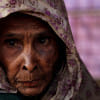
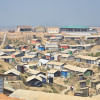
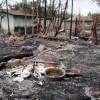
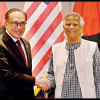


Comments